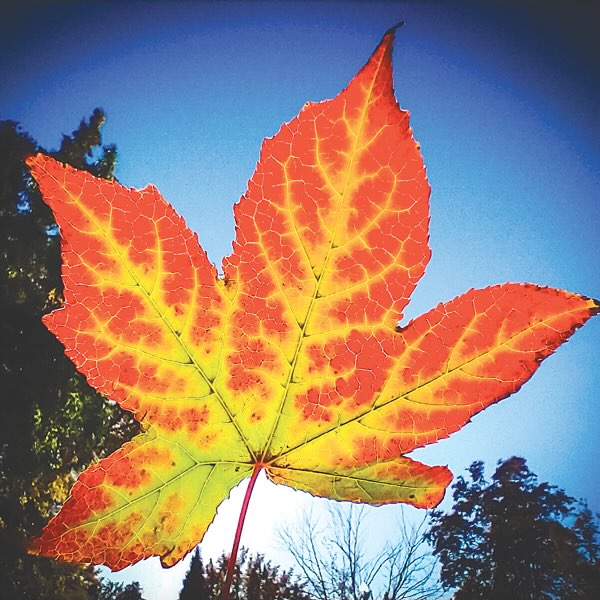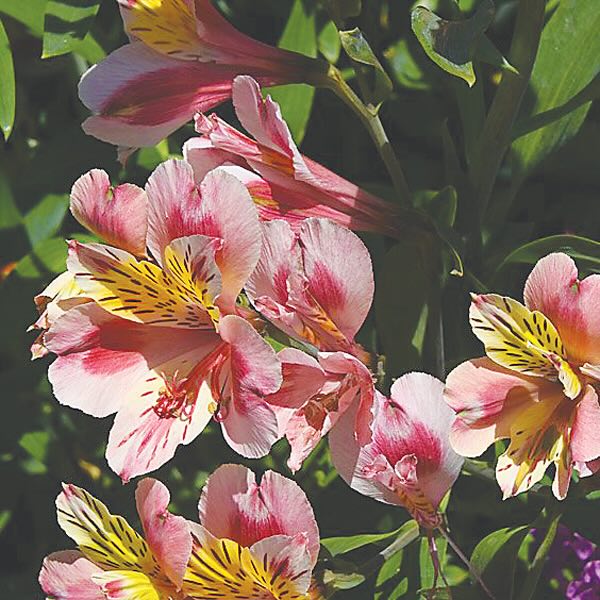
Jan 28, 2026
Garden art isn’t restricted to statuary, murals and fountains. Art in the garden has a botanical relative, the Japanese maple.
A powerful piece of art draws the eye and stirs the senses. It reaches out, lures you into its space and kindles dopamine. Elegant, spectacular in form, vibrant in color, the Japanese maple is worthy of crowds at the Louvre, the Met, the Crocker.
Favored for grace and beauty, these ornamental trees burst into spring colors, settle into muted summer tones and deliver a knockout punch of fall hues.

Dec 28, 2025
Welcome to the eve of renewal. A new year of nurturing our plant babies dawns once holiday decor is packed and stored. Plant yourself in a favorite chair and contemplate what great gardening deeds might be accomplished with gloved hands and inventive minds.
Few things in life are certain. One is essential. We need to eat. Food insecurity is rising, along with the cost of feeding ourselves and families.
Health care costs are soaring, too. What we eat affects overall health. Swapping donuts and cookies for blueberries, citrus and tomatoes is a nutritional slam dunk.

Nov 28, 2025
Last April, I awoke to high voltage pain in my left knee. I hobbled to the kitchen in hopes movement and coffee might tame the fire. Not a chance.
Discomfort lasted for months. That thing about not overdoing it bounced around in my brain, yet I couldn’t pinpoint exactly how it happened. Injuries sometimes wait to torment us, lurking before pouncing.
Prepping garden beds the previous day was the probable cause. A couple weeks of weeding, digging and pushing wheelbarrows may have been too much, too early in the year.

Oct 28, 2025
Growing plants is an endless cycle of discovery. Somewhat less impactful than the discoveries of DNA and the wheel, I stumbled upon home-grown lettuce.
Although I’ve grown many edible crops, lettuce received scant thought. It seemed more convenient to buy it at the grocery store. You know, squeeze a head of plastic-wrapped iceberg and drop it in the shopping cart.
Then I planted six varieties of lettuce, most of them donated for a community garden fundraising event. I held back several starts of each variety for home use.

Sep 28, 2025
Admit it, until leaves transform into dazzling colors and blanket streets and lawns, they are merely a supporting cast to our magnificent trees.
Occasionally we remember to appreciate the shade provided in summer and the glorious compost that leaves spawn. Houseplant enthusiasts value leaves for helping clean the air by absorbing carbon dioxide and releasing oxygen. Every garden is enhanced and benefits from leaves.
Often, we are too busy or not interested in granting Sacramento’s urban leaf canopy the respect it deserves. In truth, leaves are as Sacramento as farm to fork and tomatoes.

Aug 28, 2025
A garden is an artist’s canvas. Brushstrokes of yellow and red, a green background, swipes of light and shadow. The creative effort is personal and satisfying. But like all masterpieces, gardens age and require attention.
You may fancy yourself the Claude Monet of Sacramento gardens, but perfection is fleeting. Plants die. Tastes and styles change. Plants outgrow space. Moving to a new home, you may prefer to paint over the existing canvas.
Fall is for planting. The lavender that inexplicably expired, the long-suffering salvia and bare spots stir anxiety. Nurseries are stocked with choices, so many that plant anxiety manifests uncertainty and inaction.











